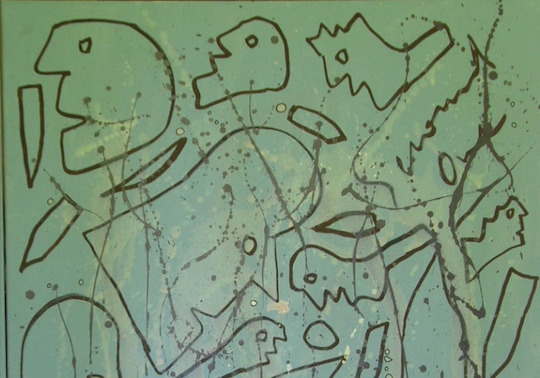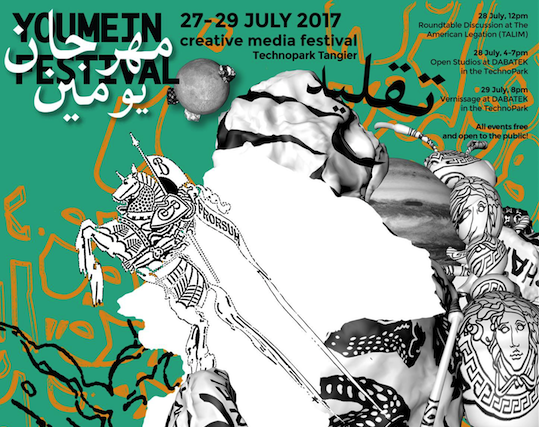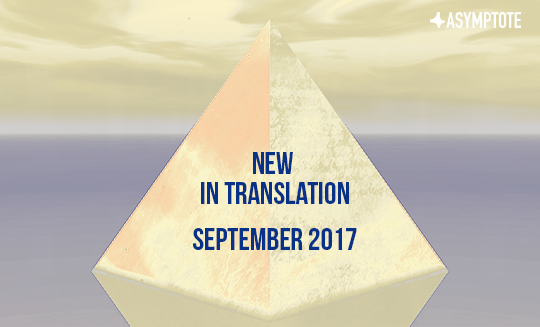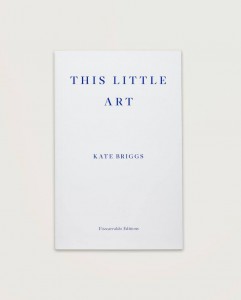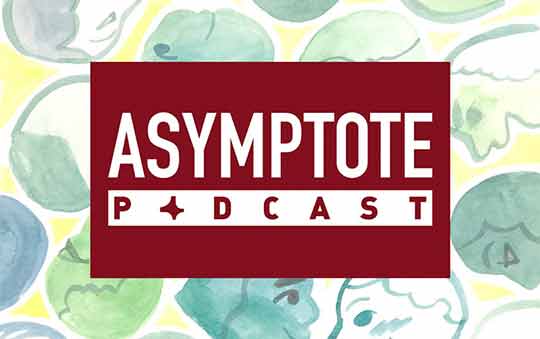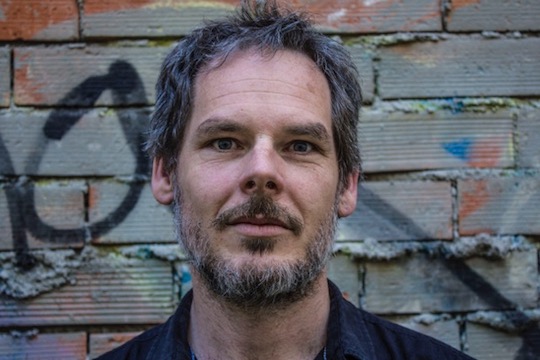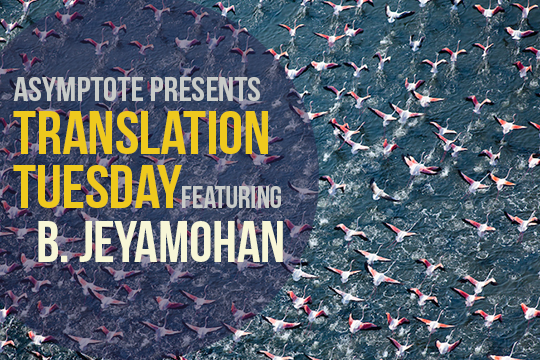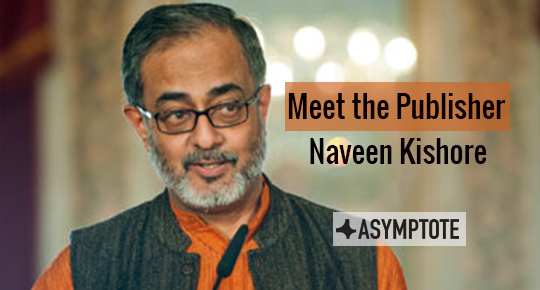While preparing to write this review, I came across an interview with Grzegorz Wróblewski in the Polish literary website Literacka Polska that began:
Rafał Gawin: For Polish readers, especially literary critics, it’s as if you’re a writer from another planet.
Grzegorz Wróblewski: Yes, it can seem that way from a certain distance. [My translation]
I think it’s safe to say the case is also true for English-speaking readers—Wróblewski’s most recent collection, Zero Visibility, translated by Piotr Gwiazda, really does feel like encountering a voice from a different world, albeit one that deals with all too real human (and often animal) concerns. Even on a surface reading it is clear that Wróblewski’s poems exhibit a remarkable range of tone, veering between seriousness and satire, surrealism and objectivity, grandiloquence and quiet, interior reflections. The first two poems, “Testing on Monkeys,” and “Makumba,” with their manic repetition and loud exclamations, are perhaps the two most frenetic and high-powered poems in the collection; they are suddenly followed by poems that are short and obscure, often dream-like and hallucinatory such as “The Great Fly Plague,” where “We abandoned our fingernails on the warm stones” or “Club Melon” which has “clones drinking juice made of organic, perfectly pressed worms”—poems that are at first disorientating, but at the same time openly invite the reader to attempt further interpretation.
Some of the best poems in the collection are the ones that, to put it bluntly, are about something recognisable, but also take time to construct and develop their ideas, such as “‘Bronisław Malinowski’s Moments of Weakness,”:
If I had a revolver, I’d shoot a pig!
A scholar’s clothes shouldn’t attract suspicions. Malinowski ordered
two Norfolk jackets from a tailor on Chancery Lane. Also a helmet
made of cork, with a lacquered canvas cover.
In one letter he wrote: Today I’m white with fury at the Niggers…
If I had a revolver, I’d shoot a pig!
His stay on the Trobriand Islands was pissing him off.
In spite of that, he became a distinguished anthropologist (27).
Another example is “Enhanced Interrogation Techniques,” a multilingual poem which examines methods of torture used at CIA black sites (one of them located in Poland) mixed with news about celebrities such as Tom Cruise and Angelina Jolie:
It wasn’t until he was 39 years old that Tom Cruise decided to straighten and
even out his teeth!
Later, the CIA used additional “enhanced interrogation techniques”
that included: długotrwała nagość (prolonged nudity), manipulacje żywieniowe
(dietary manipulation), uderzanie po brzuchu (abdominal slap).
Two small planes with Poles on board went down (31). READ MORE…

